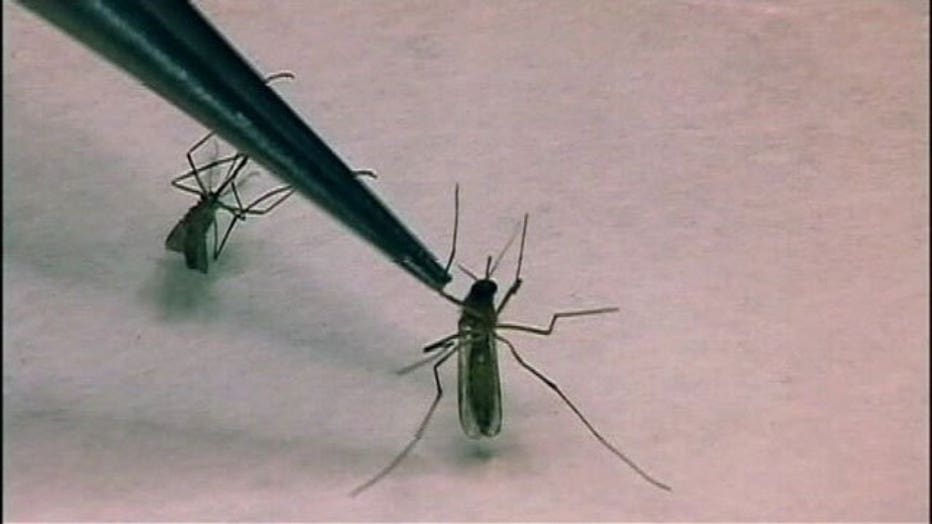5th Michigan resident dies from mosquito-borne disease EEE
A fifth death due to Eastern Equine Encephalitis has been confirmed in a Cass County resident and an additional horse has been diagnosed with the disease in Allegan County, the Michigan Department of Health and Human Services (MDHHS) announced Monday.
Although frost is predicted in parts of the state tonight, MDHHS said in a release urges residents to continue taking precautions against mosquitoes.

“The risk of EEE continues if there has not been a sustained period of freezing temperatures,” said Dr. Joneigh Khaldun, chief medical executive and chief deputy for health for MDHHS in a release “We urge residents to continue taking precautions against mosquito bites.”
Parts of Allegan County were treated Oct. 3 and 6. In total, EEE has been confirmed in 10 people, with five fatalities. Cases resided in Barry, Berrien, Calhoun, Cass, Kalamazoo and Van Buren counties. In addition, EEE been confirmed in 40 animals from 16 counties: Allegan, Barry, Berrien, Calhoun, Cass, Genesee, Jackson, Kalamazoo, Kent, Lapeer, Livingston, Montcalm, Newaygo, St. Joseph, Tuscola and Van Buren.
EEE is one of the most dangerous mosquito-borne diseases in the United States, with a 33 percent fatality rate in people who become ill and leaving many survivors with physical and mental disabilities. People can be infected with EEE from the bite of a mosquito carrying the virus. Aerial treatment covering more than 557,000 acres targeting 14 counties was completed Oct. 7 to help combat EEE.
Residents should continue to protect themselves from mosquito bites by:
- Avoiding being outdoors from dusk to dawn when mosquitos that carry the EEE virus are most active.
- Applying insect repellents that contain the active ingredient DEET, or other U.S. Environmental Protection Agency-registered product to exposed skin or clothing, and always follow the manufacturer’s directions for use.
- Wearing long-sleeved shirts and long pants when outdoors. Apply insect repellent to clothing to help prevent bites.
- Maintaining window and door screening to help keep mosquitoes outside.
- Emptying water from mosquito breeding sites around the home, such as buckets, unused kiddie pools, old tires or similar sites where mosquitoes may lay eggs.
- Using nets and/or fans over outdoor eating areas.

